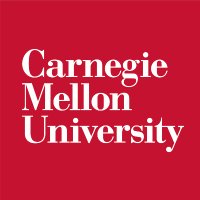
Edward Kennedy
@edwardhkennedy
assoc prof of statistics & data science @CMU_Stats @CarnegieMellon. interested in causality, machine learning, nonparametrics, criminal justice, public policy
ID: 1012125662117851136
http://www.ehkennedy.com 28-06-2018 00:08:57
1,1K Tweet
4,4K Followers
552 Following














Edward Kennedy Charles stein actually proposed the crux of TMLE in “efficient non parametric testing and estimation” (1958) — last paragraph of section 2. Which is absolutely wild.












